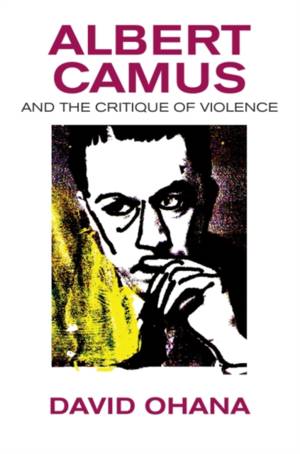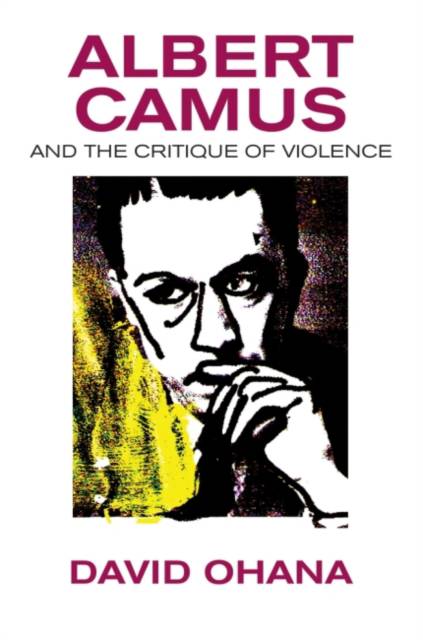
- Retrait gratuit dans votre magasin Club
- 7.000.000 titres dans notre catalogue
- Payer en toute sécurité
- Toujours un magasin près de chez vous
- Retrait gratuit dans votre magasin Club
- 7.000.0000 titres dans notre catalogue
- Payer en toute sécurité
- Toujours un magasin près de chez vous
Description
The temptation to resort to violence runs like a thread through Albert Camus works, and can be viewed as an additional key to understanding his literary productions and philosophical writings. His short life and intellectual attitudes were almost all connected with brutality and cruel circumstance. At the age of one he lost his father, who was killed as a soldier of the French army at the outbreak of the First World War. He passed his childhood and youth in colonial Algeria, no doubt experiencing degrees of inhumanity of that difficult period; and in his first years in conquered France he was editor of an underground newspaper that opposed the Nazi occupation. In the years following the Liberation, he denounced the Bolshevist tyranny and was witness to the dirty war between the land of his birth and his country of living, France. Camus preoccupation with violence was expressed in all facets of his work as a philosopher, as a political thinker, as an author, as a man of the theatre, as a journalist, as an intellectual, and especially as a man doomed to live in an absurd world of hangmen and victims, binders and bound, sacrificers and sacrificed, crucifiers and crucified. Three main metaphors of western culture can assist in understanding Camus thinking about violence: the bound Prometheus, a hero of Greek mythology; the sacrifice of Isaac, one of the chief dramas of Jewish monotheism; and the crucifixion of Jesus, the founding event of Christianity. The bound, the sacrificed and the crucified represent three perspectives through which David Ohana examines the place of ideological violence and its limits in the works of Albert Camus.
Spécifications
Parties prenantes
- Auteur(s) :
- Editeur:
Contenu
- Nombre de pages :
- 200
- Langue:
- Anglais
Caractéristiques
- EAN:
- 9781845198220
- Date de parution :
- 05-10-16
- Format:
- Livre broché
- Format numérique:
- Trade paperback (VS)
- Dimensions :
- 150 mm x 226 mm
- Poids :
- 294 g

Les avis
Nous publions uniquement les avis qui respectent les conditions requises. Consultez nos conditions pour les avis.






